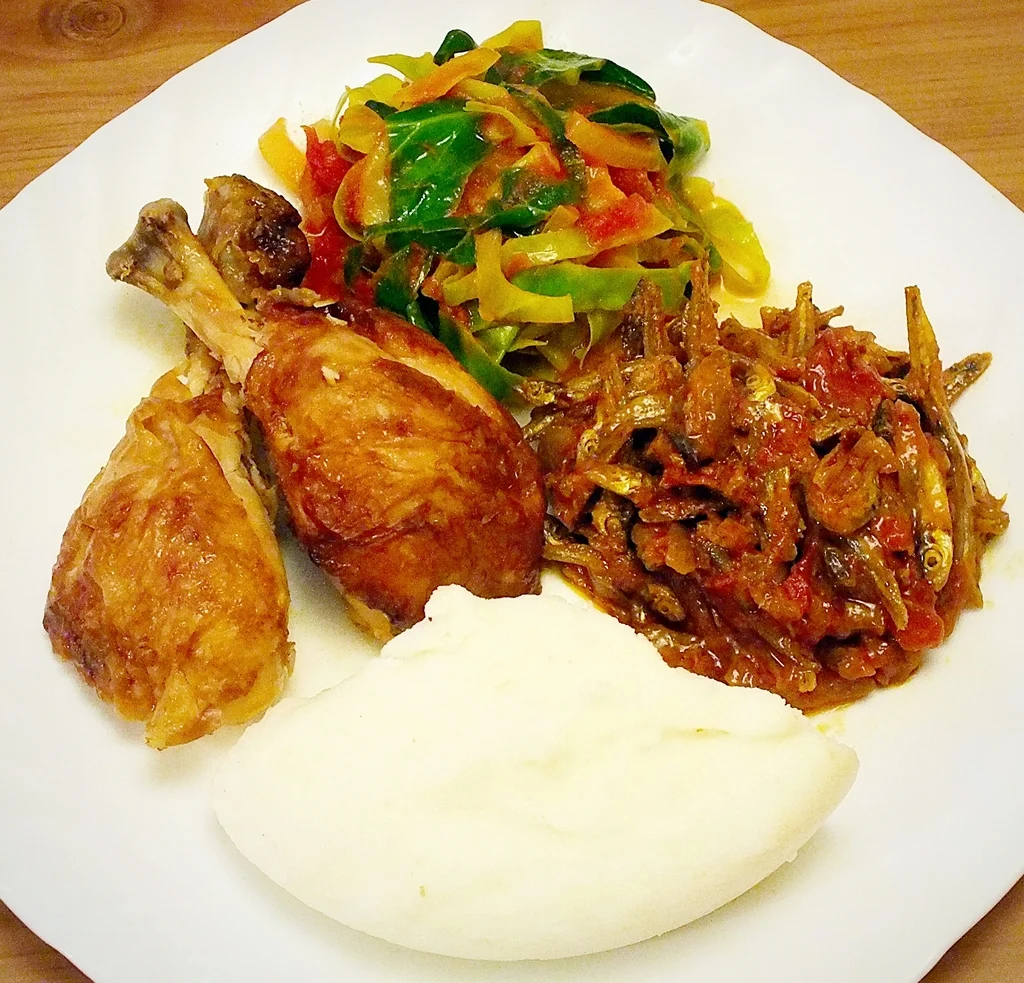• The cost of living for a family of five in Lusaka for November 2022 increased to K8, 567.20.
• This reflects a K29.42 increase from the K8, 537.78 recorded in October, 2022.
• Upward movement in the basket is attributed to increased prices in items such as 1kg Kapenta.
Jesuit Center for Theological Reflection (JCTR) has disclosed that the cost of living for a family of five as measured by its Basic needs and Nutrition Basket for the month of November 2022 in Lusaka increased to K8, 567.20.
Speaking during a media briefing, JCTR Social and Economic Development Programmes Manager Muchimba Siamachoka said this reflects a K29.42 increase from the K8, 537.78 recorded in October, 2022.
Ms. Siamachoka said upward movement in the basket is attributed to increased prices in items such as 1kg Kapenta which went up by K61.77 from K197.65 to K259 as well as other food items.
“The upward movement in the basket is attributed to increased prices in items such as 1kg kapenta which went up by K61.77 from K197.65 to K259, 6kg tomato which went up by K52.56 from K57.51 to K110.07 and 40kg of vegetables which went up by K27.22 from K417.58 to K444.80.”
“The basket, however, recorded notable decreases in food items such as 2 bags of 25kg roller Mealie Meal which went down by K29.31 from K232.80 to K203.49 and 3.6 liters of cooking oil which went down by K21.39 from K167.76 to K146.37 Further, other fruits also went down by K123.55 from K257.17 to K133.62,” Ms. Siamachoka explained.
She noted that the month of October did not register a significant change in the cost of living because most items in the food and non-food sections of the basket have not changed significantly as a result of the inflation rate’s stability, adding that while the cost of living has shown a level of stability in recent months, it still remains high.
“The average Lusaka basket, as measured through the year, stands at K8, 727.61. Furthermore, in 2022, JCTR undertook a Satellite Home Survey (SHS) to establish the ability of households to afford goods and services. The findings of the Survey revealed that 85.6 percent of households, of between 4 to 6 members in size, have an average income of K3,000 or less, 13.6 percent earn between K3001 and K8,000, and only 0.8 percent earn more than K8,000. Moreover, the cost of living for an average family of five, as surveyed by the JCTR BNNB, stands way above the national average incomes pegged at K4,393 according to the 2020 Labour Force Survey,” she added.
Ms. Siamachoka also stated that the gap between the prevailing cost of living and incomes means that families are unable to meet the cost of the most basic essentials, which results in compromised living conditions and sustains a vicious cycle of poverty in families and in the nation.
She said the teachings of the church highlight that it is important that all families are provided a just wage that is sufficient for establishing and properly maintaining a family and providing for the security of its future.
Ms. Siamachoka added that JCTR recommends that Government must prioritise the expedition of procurement and delivery of input to farmers to limit the risk of low agricultural production which could threaten food security.
“Government must ensure that the FISP comprehensive support programme process is transparent to prevent politicization, corruption, favoritism or exclusion of some beneficiaries. Government in pursuit of agricultural mechanization needs to ensure predictability in the business environment. While the intention of ensuring cost reflective fuel pump prices is progressive, the level of uncertainty has the potential to prevent private actors from investing heavily in the sector,” she said.
She further added that Zambia Revenue Authority must continue to upscale monitoring and awareness interventions to limit tax evasion and drive compliance.
“This is important in reducing the tax arrears reported in the Auditor General’s 2021 report. The collected tax revenue can be further allocated to the agriculture sector to reach more small scale farmers,” she added.







